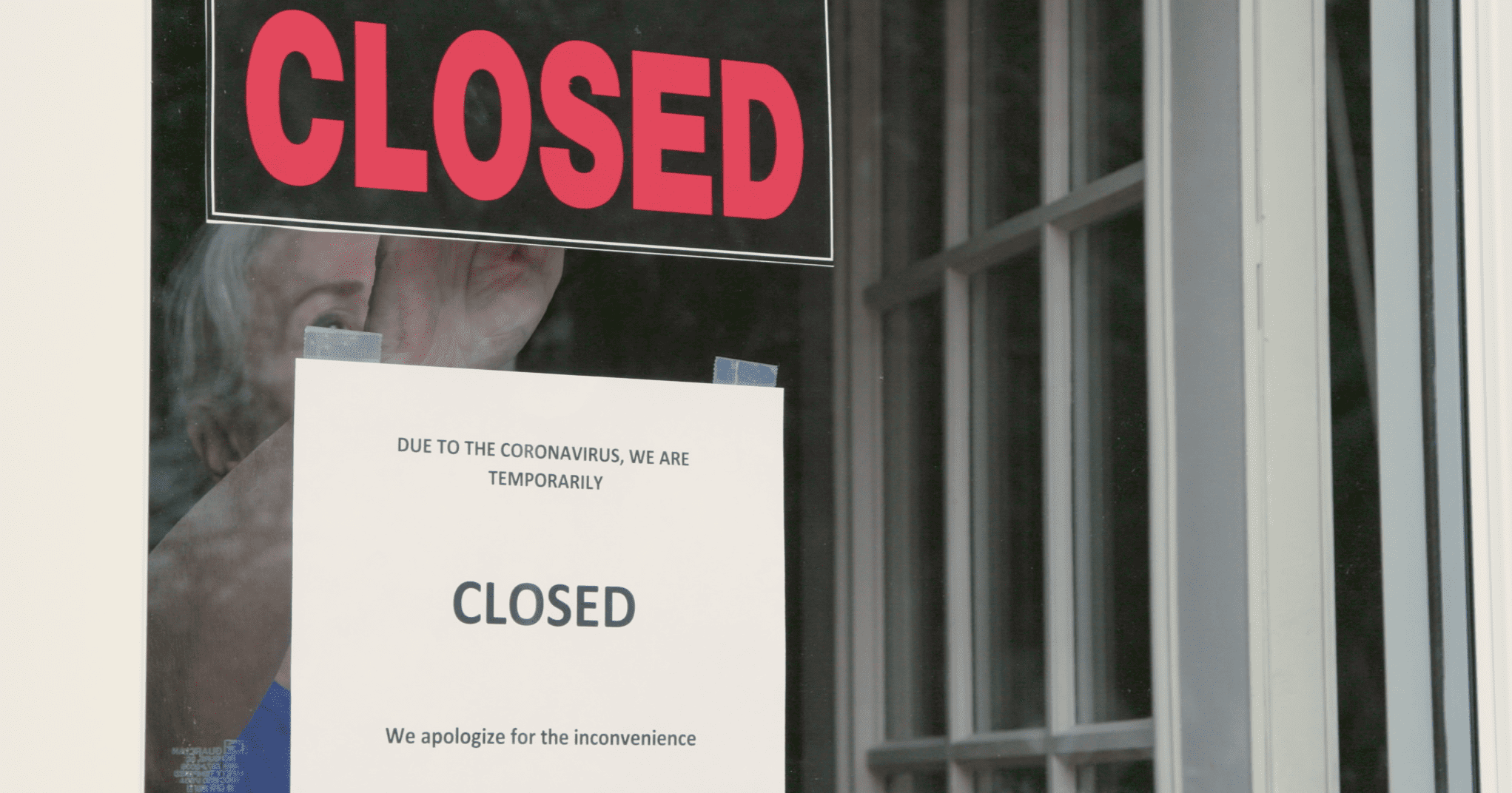
Micro-businesses and businesses owned by women and people of color face the hardest road to recovery.
Small businesses in Massachusetts have suffered serious damage due to the COVID-19 pandemic, a new survey has found, with just one in three reporting they are fully open.
Businesses owned by women and people of color have been hit particularly hard and report greater financial losses.
These and other results are from a new survey of small businesses released today by The MassINC Polling Group.
The survey was developed and distributed by a coalition of small business and economic development groups, spearheaded by Amplify Latinx and the Lawrence Partnership.
Poll: Only one-in-three Massachusetts small businesses are fully open.
The depth of the negative impact is reflected in sales numbers for the first half of year with 64% of small businesses reporting drops in gross revenue of 25% or more for the first half of 2020.
Nearly half (46%) of small businesses say they have laid off or furloughed employees, including 77% of restaurants.
The smallest businesses have had it worst and face the steepest road to recovery.
A majority (55%) of businesses reporting under $100,000 gross revenue for 2019 saw declines greater than 50% for the first part of the year, compared to 35% of businesses that made over $500,000 in 2019.
This dynamic has the potential to exacerbate inequities, as smaller businesses are more likely to be founded or owned by women and people of color.
Betty Francisco of Amplify Latinx was encouraged by the participation level of Latino businesses. “We were thrilled by the strong response we received, especially from women and businesses owned by people of color.”
“This survey offers the deepest look we have at what our small businesses are going through during the pandemic,” said Steve Koczela, President of The MassINC Polling Group.
“We engaged an expansive network of sponsors and partners from across the Commonwealth to distribute this survey to small businesses,” explained Derek Mitchell of the Lawrence Partnership.
One glaring response came from businesses that rely on customers coming into a store or onto their premises, such as restaurants or beauty-related businesses, who have faced unique challenges.
Among restaurants, 70% report losing seeing their revenue drop by half or more, and 40% say they have missed rent.
Beauty businesses are in a similar situation; 47% have missed rent payments, compared to 21% of all small businesses.
The potential wave of evictions coming to the residential market could also affect commercial properties, with particularly damaging impacts to main street retail store fronts.
Among businesses who are having trouble getting employees back to work, 66% cited employees making more money from unemployment than from work as an impediment.
Critical relief to some small businesses came in the form of the Paycheck Protection Program (PPP) loans with 71% saying they applied.
Of those who applied, 78% say were approved for the full amount, and another 13% received a smaller amount. But the smallest businesses were least likely to have been boosted by PPP.
Just 39% applied for a PPP loan, and 55% of those were approved for the full amount of their application.
Many of the smallest businesses are single individuals, and some lack formal banking relationships forcing them to seek other kinds of financial relief to get through the pandemic.
The number one request for assistance was cash, with grants and revenue sources topping the list of needed help.
Beyond that, larger businesses were interested in help with PPP loan forgiveness, while the smallest businesses, who were less likely to apply for PPP loans, were more interested in help with digital marketing and other elements of online operations.
Help selling online was seen as particularly useful to retail-sector small businesses.
About the MassINC Poll:
These results are from a survey of 1,868 small businesses (fewer than 500 employees) in Massachusetts. Respondents were invited to complete an online survey.
The survey was offered in English, Spanish, Portuguese, Mandarin, Khmer, Vietnamese, and Haitian Creole.
For the full results of the survey, visit: www.massinc.org







